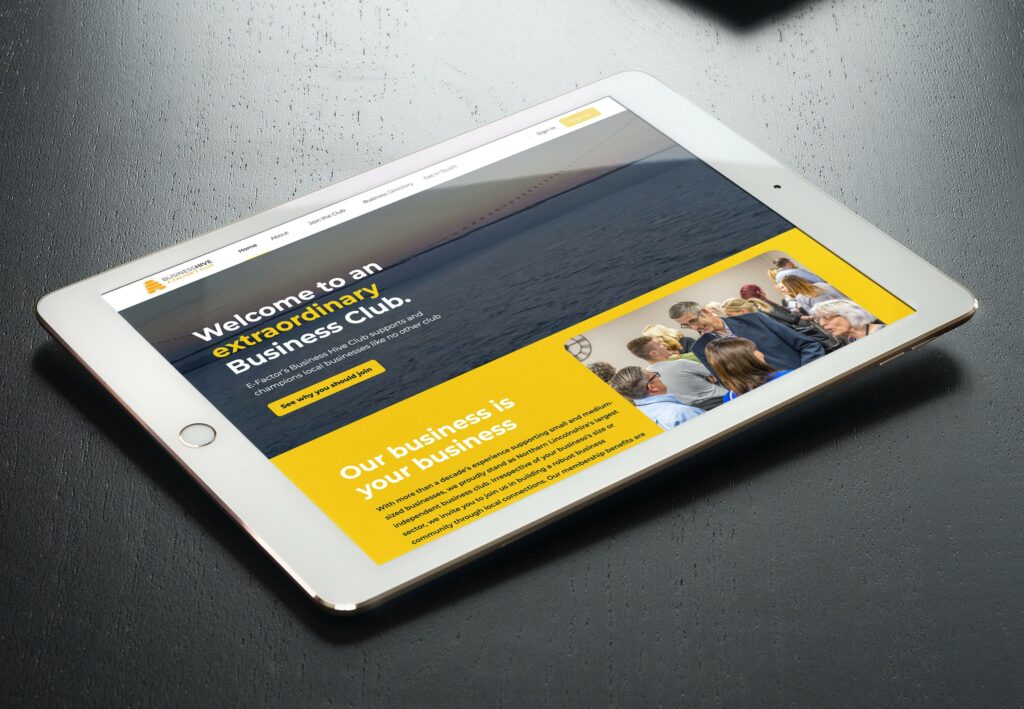Understanding the £300 Trivial Benefits Allowance for Directors

Directors, are you aware of the fantastic £300 trivial benefits allowance? This incredible opportunity allows you to provide tax-free benefits to yourself, with each individual benefit capped at £50, and the total benefits for the year not exceeding £300.
Here’s a detailed look at how it works:
- The trivial benefits allowance enables directors (including those of limited companies) to provide themselves with non-cash benefits worth up to £50 each.
- You can utilise this allowance multiple times throughout the tax year, ensuring each individual benefit remains under the £50 threshold.
- Importantly, the total value of all benefits provided in a tax year should not surpass £300. It’s crucial to ensure that the cumulative value of all benefits remains below this threshold.
- Eligible benefits can include a wide range of items such as gift vouchers, hampers, meals, or even team-building events for yourself and your employees.
- Both income tax and National Insurance Contributions (NICs) are not applicable to these benefits, making it a tax-efficient way to enjoy some well-deserved perks.
- Ensure that benefits are provided as a gesture of goodwill, occasional, and unrelated to your normal duties as a director, rather than as part of a contractual obligation.
- Maintain thorough records of the benefits you provide, including the cost, date, and reason for each benefit, to ensure compliance with HM Revenue and Customs (HMRC) regulations.
Take full advantage of the £300 trivial benefits allowance and treat yourself to tax-free perks throughout the year, with each individual benefit capped at £50. It’s an excellent way for directors to reward themselves without incurring additional tax liabilities.
If you want to discuss the contents of this article and taking advantage of this benefit, contact a member of the team.





